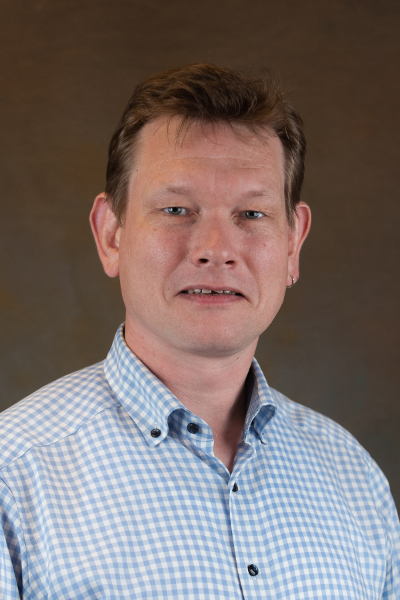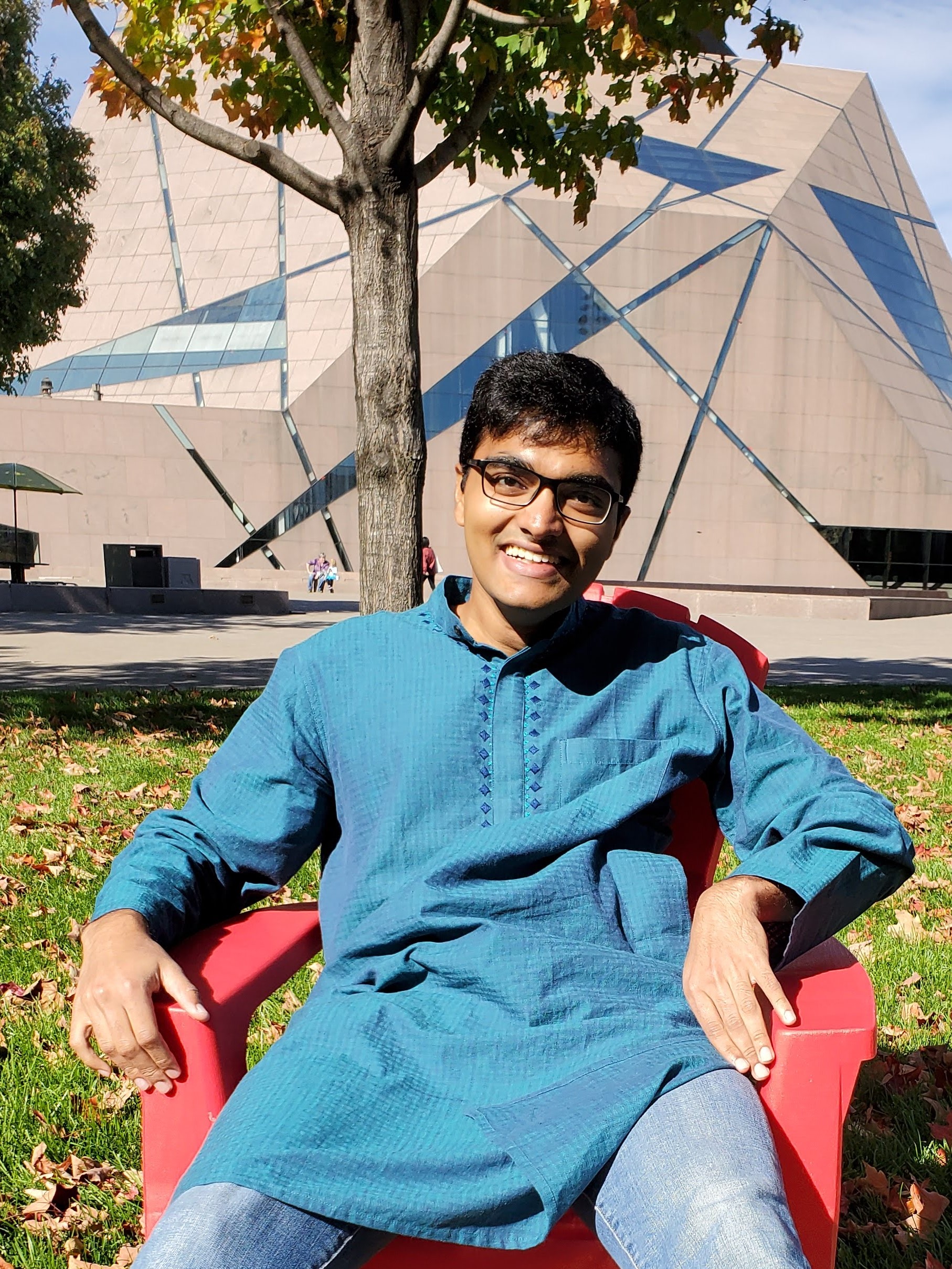
Dr. Ulf D. Schiller
(he/him)
Assistant Professor, Materials Science & Engineering
Affiliate, CCSE, Lawrence Berkeley National Laboratory (2022-2023)
Faculty Affiliate, Artificial Intelligence Research Institute for Science and Engineering (AIRISE)
Faculty Scholar, CU School of Health Research
Department of Materials Science & Engineering
Clemson University
161 Sirrine Hall
Clemson, SC 29634
Office: 299C Sirrine Hall
Email: uschill[at]clemson.edu
Ulf D. Schiller holds M.S. degrees in Computer Science (2003) and Physics (2005) from the University of Bielefeld and received his Ph.D. (2005) in Physics from the Johannes Gutenberg University Mainz. His dissertation research was conducted at the Max Planck Institute for Polymer Research. Ulf is currently an Assistant Professor in the Department of Materials Science and Engineering at Clemson University. He joined the department faculty after postdoctoral stays at the University of Florida, Forschungszentrum Jülich (Germany), and the Centre for Computational Science at University College London (UK). Ulf has extensive experience in developing novel scale-bridging algorithms and high-performance computing techniques for multiphysics transport phenomena. He developed the fluctuating lattice Boltzmann algorithm and contributed implementations to several open-source packages including ESPResSo, LB3D, and HemeLB. His current research focuses on mesoscopic simulation methods for interfacial phenomena in complex fluid mixtures, multiphase flows in porous media, and biomedical fluid dynamics in patient-specific geometries. His research group collaborates with experimental research groups and clinicians to develop integrated computational and data-driven approaches that support discovery and design of new materials with enhanced performance for energy, environmental, and health applications.

James Andrews
(he/him)
Postdoctoral Research Fellow
James Andrews received his BA degree (2013) in Mathematics from Hood College and received his Ph.D. (2021) in Computational Sciences and Informatics from George Mason University. His dissertation research was on atomic scale modeling and simulation of polymeric macromolecules including block-copolymers in multiphase solvent, bulk material, and as nanoparticle surface-solvent interfaces. His current research interests include mesoscale simulations of polymeric interfaces in complex solvents using molecular dynamics and lattice Boltzmann methods.

Nikhil Karthikeyan
(he/him)
PhD Student
Nikhil received his BChE in Chemical Engineering from University of Minnesota Twin Cities in Minneapolis, Minnesota. His graduate research concerns mesoscale simulation of particle stabilized emulsions, specifically bijels, with a focus on their interactions with magnetic fields.

Zafrin Ferdous Mira
(she/her)
PhD Student
Zafrin joined the Schiller Research Group in August 2021 after completing her Master's degree in Electrical Engineering and Computer Science at Gwangju Institute of Science and Technology (GIST), South Korea. In her master's thesis, she investigated memetic algorithms for optimization of passive radiative coolers for crystalline silicon solar cells.

Tamem Salah
(he/him)
PhD Student
Tamem Salah will join the Schiller Research Group in Spring 2023.

Gokul Raman
(he/him)
Undergraduate Research Intern
Gokul currently pursues a B.Tech. in Chemical Engineering at IIT Gandhinaghar, India. He joined the Schiller Research Group as a research intern during summer 2021. His research concerns phase separation in ternary fluids and the formation of liquid lenses and double emulsions. Gokul's prior research experience includes projects on synthesis of TiB2 nanorods and numerical simulation of reactive distillation.

Erin Elizabeth O'Neill
(she/her)
Undergraduate Research Assistant
Erin pursues a BS in Bioengineering with a concentration in Biomaterials. Her research concerns deformation, break-up, and coalescence of particle-stabilized liquid droplets in shear flow and magnetic fields. She also works with Dr. Renee Cottle on a disposable point-of-care home testing platform for metabolic disease.